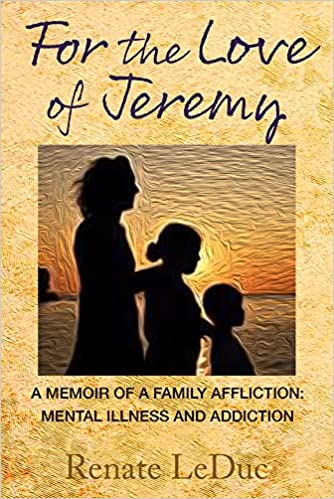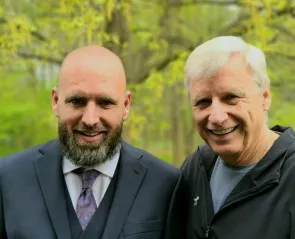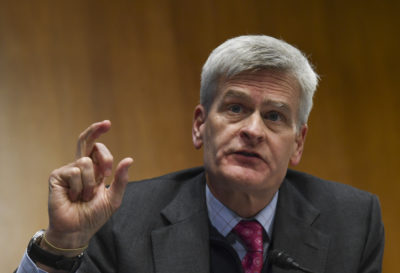
(1-3-22) I’ve always enjoy promoting books about mental health, including those that I’ve not yet read but pique my interest. This week, I’m posting guest blogs by two authors telling their personal stories. I’ve asked them to describe why they wrote their books and provide a short excerpt.
For the Love of Jeremy — A Memoir of a Family Affliction: Mental Illness and Addiction
By Renate LeDuc
Losing my son broke me at the deepest level and something just emanates from your heart and soul when that happens. I was driven to write this book for several reasons.
First and foremost, of course, was my own healing. It is a mother’s instinct to protect her child. If that child dies, it is a mother’s instinct to protect that child’s memory. This book is a part of that process.
For the Love of Jeremy: A Memoir of a Family Affliction: Mental Illness and Addiction is about unspoken truths. It has opened the door to healing my family’s somewhat secretive past of suicide and mental illness. Opening the lines of communication will promote knowledge, awareness, compassion, and progress.







